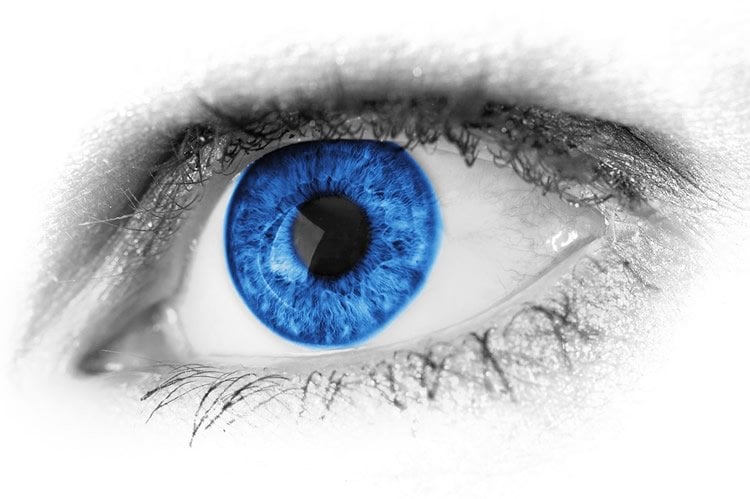Summary: A new study reveals blood vessels in the eyes could be key to predicting who will develop cognitive problems in old age. People with moderate to severe retinopathy are more likely to suffer from cognitive problems as they age than those with healthy eyes, researchers report.
Source: AAN.
People whose eyes show signs of small changes in blood vessels at age 60 may be more likely to develop thinking and memory problems by the time they are 80 than people with healthy eyes, according to a study published in the February 28, 2018, online issue of Neurology.
“Problems with the small blood vessels in the brain are likely as important a factor in cognitive decline as problems with larger arteries, but we don’t have the ability to take pictures of these small vessels with brain imaging,” said study author Jennifer A. Deal, PhD, of Johns Hopkins University in Baltimore, Md. “Because the blood vessels in the eye and the brain are so similar anatomically, we hypothesized that looking at the blood vessels in the eye would help us understand what was happening in the brain.”
The study involved 12,317 people who took tests of memory and thinking skills at the beginning of the study, again about six years later and for a third time about 20 years after the first test. A special retinal camera was used to take photos of the back of the participants’ eyes about three years after the start of the study, when the participants were an average age of 60.
A total of 11,692 people had no signs of retinopathy, or damage to the blood vessels in the retina, 365 people had mild retinopathy and 256 people had moderate to severe damage.

The researchers found that people who had moderate to severe retinopathy were more likely to have bigger drops in their scores on the memory and thinking tests over time than the people who had healthy eyes. For the people with moderate to severe damage, their average scores on the tests declined by 1.22 standard deviation units over 20 years, compared to a decline of 0.91 standard deviation units for people with healthy eyes. When researchers adjusted to take into account people who had missed some of the thinking tests, they found that the difference between the two groups was equal to 0.57 standard deviation units.
“To put this in perspective, a previous study using the same methods found that the effect of diabetes on cognitive decline was equal to 0.21 standard deviation units,” Deal said. “If our study results can be confirmed, differences in retinal integrity could provide reasonable estimates of how much small blood vessel damage in the brain is contributing to cognitive decline.”
Deal said one limitation of the study was that photos were taken in only one eye.
Source: Renee Tessman – AAN
Publisher: Organized by NeuroscienceNews.com.
Image Source: NeuroscienceNews.com image is in the public domain.
Original Research: The study will appear in Neurology.
[cbtabs][cbtab title=”MLA”]AAN “Can Our Eyes Help Predict Who Will Develop Memory Loss?.” NeuroscienceNews. NeuroscienceNews, 1 March 2018.
< https://neurosciencenews.com/eyes-memory-loss-8583/>.[/cbtab][cbtab title=”APA”]AAN (2018, March 1). Can Our Eyes Help Predict Who Will Develop Memory Loss?. NeuroscienceNews. Retrieved March 1, 2018 from https://neurosciencenews.com/eyes-memory-loss-8583/[/cbtab][cbtab title=”Chicago”]AAN “Can Our Eyes Help Predict Who Will Develop Memory Loss?.” https://neurosciencenews.com/eyes-memory-loss-8583/ (accessed March 1, 2018).[/cbtab][/cbtabs]






